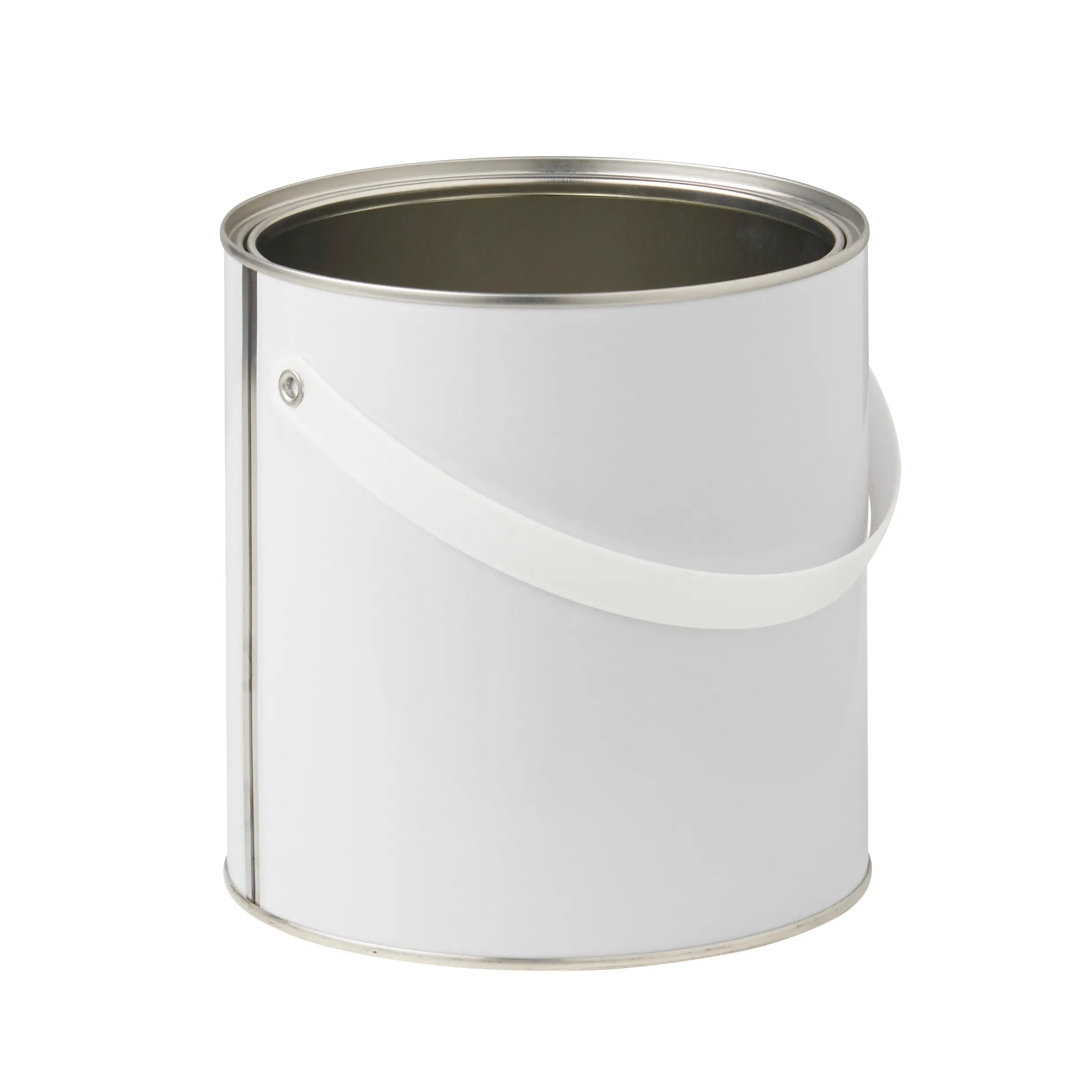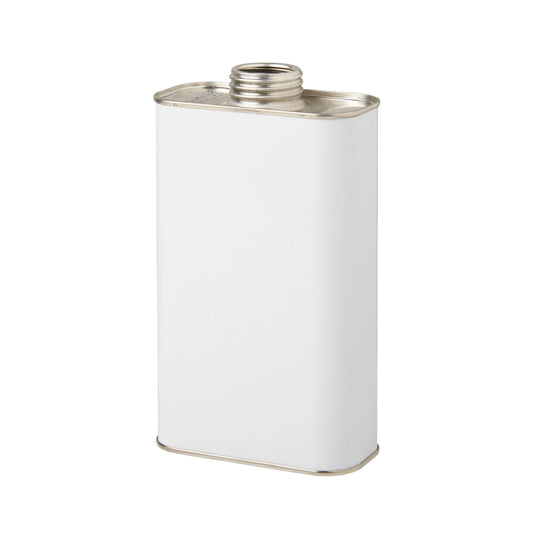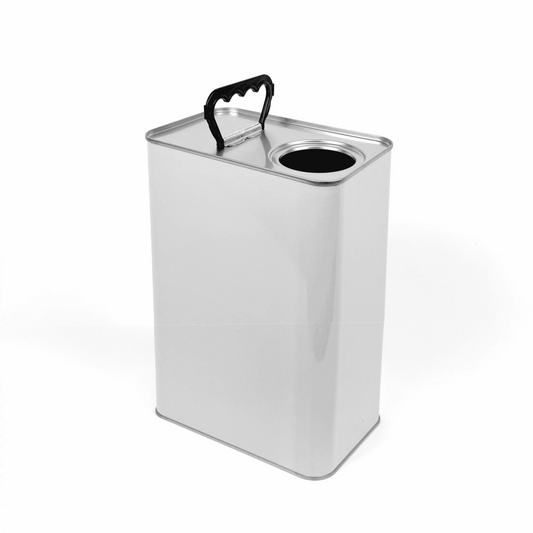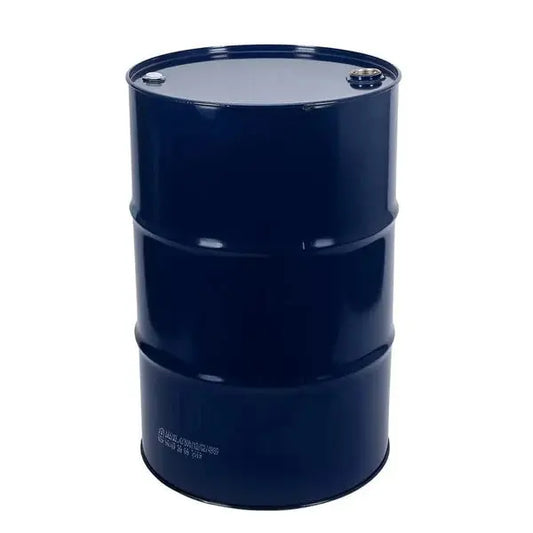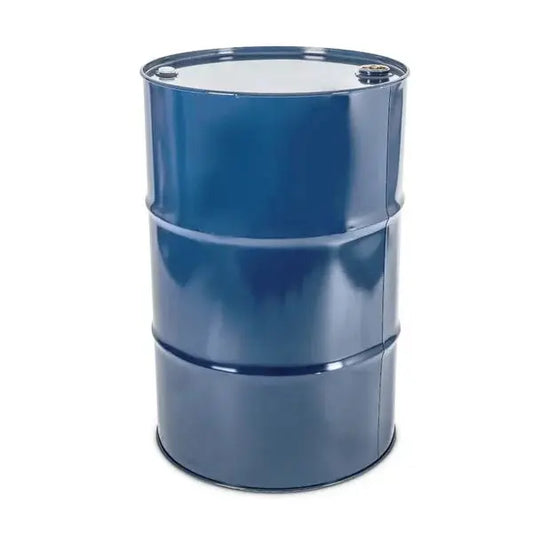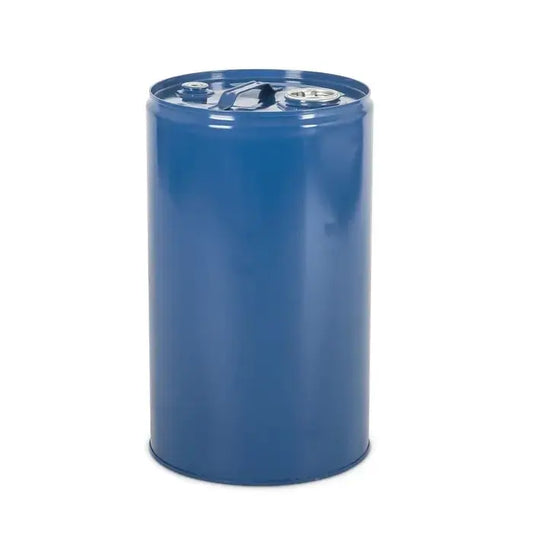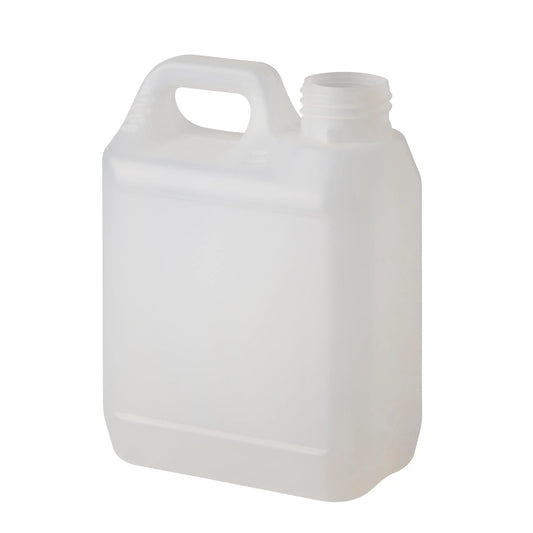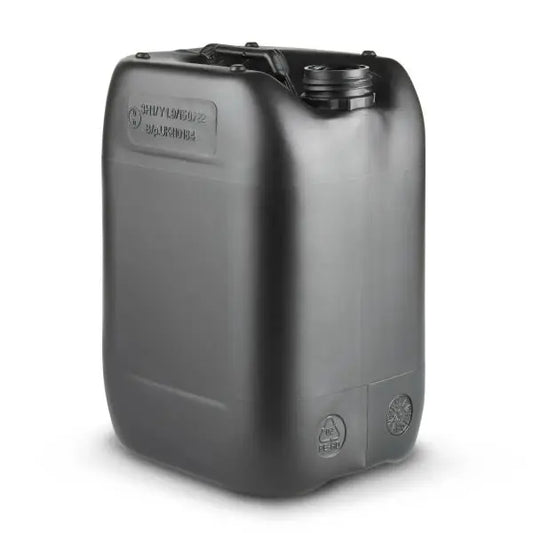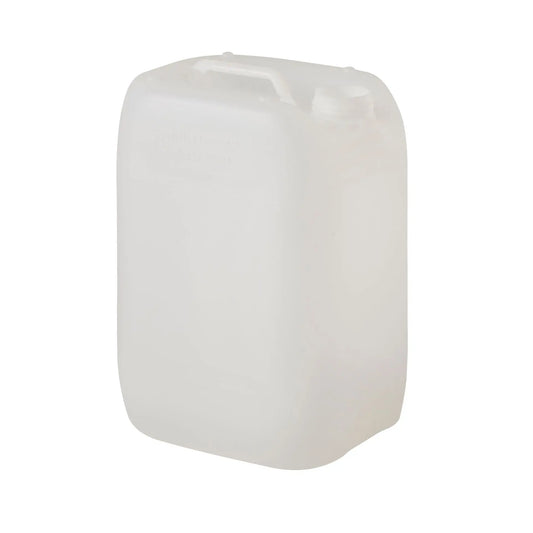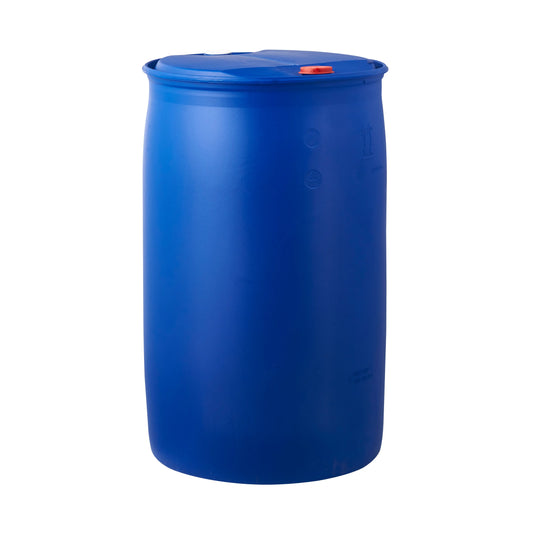Cooking, lubricating, flavouring, fueling; oils are an essential product. From the cooking oil frying fish at the local chip shop to the engine oil making cars run smoothly at Le Mans, to the fragrance oils perfuming the latest scent, oil is everywhere, but when it comes to transporting oil, what are the best containers to use?
Each type of oil has specific packaging requirements, so it is important to choose an oil container to match them.Most oils are unsaturated lipids, which means that they are liquid at room temperature, so oil packaging must be leak-proof. Most oils are flammable or hazardous, which means they are controlled by government regulations and must use UN approved packaging.
Rigid containers are the best type of packaging for oil. They are liquid-tight, air-tight, durable and offer a high degree of protection. Invopak is a trusted packaging supplier, and we stock a complete range of UN approved oil containers. We can also provide expert guidance, helping you find the right packaging for you.
Considerations for transporting oil
Type of oil
Each type of oil has unique packaging requirements, depending on whether it is an edible oil or an industrial oil.
Edible oils such as vegetable oils, cooking oils, seed oils and nut oils must be packaged in accordance with FSA (Food Standards Agency) guidelines. This means containers must be suitable for food contact. Plastic containers must be food grade, which is typically marked by a fork and wine glass symbol.
Industrial oils such as crude oil and petroleum-based products may be hazardous, which means they must be contained in UN approved packaging. They can be flammable too, which means that metal containers are often used for storing these goods in bulk.

Steel drums are UN approved and designed for safely shipping oil in bulk
Legal and safety compliance
There are legal requirements governing the storage and transport of hazardous and flammable oils, such as fuel oils and heating oils. This includes ADR and UN regulations. This means that containers must be UN approved, and if these goods are shipped in bulk, they must be sent via an ADR certified carrier, such as Invo Fulfilment.
Edible oils, such as cooking oils, plant oils, flavourings and essences should be stored in food safe containers. BRC global standards storage and distribution certification may also be a requirement for certain food groups.
Volume of oil
UN certified containers are the best option for packaging oil, whatever the volume, because they are built to higher specifications and tested to ensure they will not fail with heavy use or when shipped.
Small volumes of oil can be safely transported in screw top metal tins, HDPE jerry cans or bottles. Small load ADR exemptions allow up to 1000 litres of diesel oil and kerosene to be transported in UN approved containers. However, if this volume of fuel oil is exceeded, then ADR protocol comes into force.
Bulk oil packaging is made of durable materials and is designed to withstand heavy duty use. The most commonly used containers are steel drums and IBC tanks; they are tried and trusted, and are the best way to safely ship large quantities of oil.
Handling the product
Food oils have different handling requirements from industrial oils. Food oils are not inherently hazardous; handling them correctly is about keeping them safe to eat and preserving their qualities of taste, look and aroma. Industrial oils can be highly flammable and hazardous; handling them correctly is about keeping people and the environment safe.
Food oils can degrade when exposed to light, heat and moisture, and flavour and fragrance oils are particularly sensitive to their environment. Storing precious oils incorrectly can compromise their quality and value. Rigid metal or plastic packaging offers a high level of barrier protection, helping to preserve valuable oils for longer. Edible oils should also be stored in a cool, dry place away from strong aromas to ensure they stay safe for human consumption.
Industrial oil packaging is primarily about safety. Industrial oils are often hazardous, so safety for the user and safety for the environment are at the forefront of how these products should be handled.
Hazardous oils must be stored and handled in accordance with COSHH (The Control of Substances Hazardous to Health). COSHH includes measures designed to minimise the harm and risk of using dangerous substances, such as risk assessments, staff guidance and waste management. They should typically be stored in UN approved oil containers. This heavy duty oil packaging is made with thicker, stronger materials and istested to withstand a range of stresses for safer transportation and handling.
Best containers for oil transportation
The best container for transporting oil depends on the type of oil and the quantity being shipped. Oil packaging comes in a variety of styles, including containers made from HDPE plastic, steel, tinplate and aluminium, and each has specific benefits.
Plastic Jerry Cans
Plastic jerry cans are the stalwarts of industrial liquid packaging. They are available in stackable and non-stackable versions and offer a cost-effective and practical way to store all types of oil. They are commonly used in the automotive industry to hold engine oils and lubricants and are ideal for domestic, garage use. UN approved jerry cans are suitable for storing larger quantities of automotive oils and lubricants.
Plastic Drums
Tighthead drums are UN-approved and are suitable for storing larger quantities of industrial oils and petroleum-based liquids. They are lighter and cheaper than traditional steel drums, so they can be a more economic option for shipping oils.
The standard size holds a volume of 220 litres, and they are made from durable HDPE plastic, making them ideal for bulk storage and shipping. If UN certification is required, the drums should be used with a UN-fitted overseal cap.
Metal Drums
Steel drums are the heavy-duty solution for holding large volumes of industrial oil. They were designed to safely transport flammable products such as engine oils, and are UN approved for international and domestic transport.
The standard size is 210 litres and they are available in a tighthead and open-top versions, with tighthead being the best option for oils and liquids. The sides have twin rings for strength and also to allow the drums to be safely rolled. Because they are made of thick-gauge steel, they offer a high degree of protection, making them ideal for long-distance shipping.
UN approved 25 litre drums are suitable for shipping smaller volumes of both edible and industrial oils. The tinplate drums are available in screw top and berg top versions, and there is also a 25 litre tighthead steel drum, which fis designed for heavy duty use.
Metal Oil Tins
Metal oil tins are available in round and rectangular options. Screw-top rectangular metal tins are ideal for storing smaller quantities of finishing oils, wood oils and oil-based stains. They are UN approved for safety and are fast and easy to open and close. They are available in 250ml, 500ml, 1 litre, 2.5 litre and 5 litre sizes.
The 2.5 litre and 5 litre rectangular oil tins are made in the Invopak factory in Manchester. They are available with a screw top or berg top opening. Rel bergs are a two-part closure, they have a pull up-spout for spill-free pouring and a screw top for ease of use. Our large rectangular cans are suitable for edible oils and cooking oils such as olive oil, rapeseed oil and nut oils.
Rectangular oil tins being manufactured in Invopak's factory
Metal oil cans are suitable for offset printing. A design is printed on the flat plate before the tins are manufactured. As a manufacturer, Invopak can hold this printed plate in stock, so that cans can be made-to-order when required (subject to MOQs). This gives businesses certainty of supply in a volatile market.
Metal Pails
Metal pails are made from durable tinplate. They are a popular choice for containing oil-based finishes, greases, lubricants and viscous oils, and are UN approved for safe shipping and export. They are available in a wide range of sizes and with a plain or a lacquered internal finish. Plain pails are usually the best option for oil-based products.
Aluminium Bottles
Tournaire aluminium bottles offer the ultimate protection for valuable fragrance oils, flavours, essences, and expensive fuel additives. They are made from a single block of aluminium, so they have no construction seams, and the System Plus range uses a unique closure system engineered to ensure a leak-proof, airtight seal.
Aluminium is strong, light, durable and non-reactive, making it an excellent packaging material for edible oils. Aluminium bottles are opaque, protecting the contents from light damage, and they are impermeable to air and moisture, which helps preserve the taste and fragrance quality.
Choosing the right oil container for your business
Choosing the right oil container starts with the oil. If the oil is hazardous, it must be contained in UN approved packaging; if it is edible, it must be contained in food grade packaging. Beyond this, the requirements will vary according to the needs of the business and the customer. Sending essential oils to a French perfumery is very different to shipping crude oil across the Atlantic.
Invopak can advise you on selecting the oil packaging that is right for your product and your business. You can take a closer look at our range of products on our oil containers page. We have decades of experience supplying packaging, and our team is here to help, so please get in touch if you have any questions.
